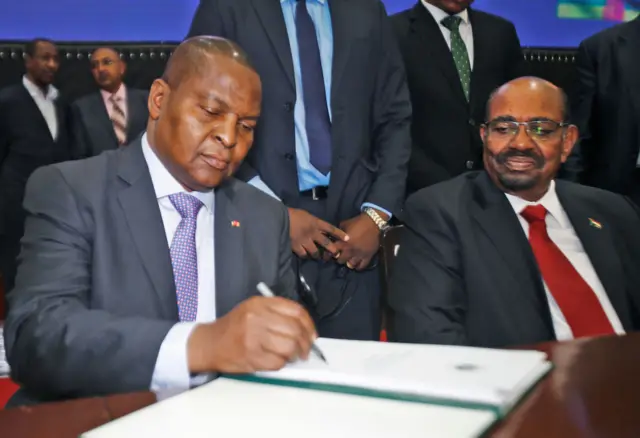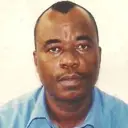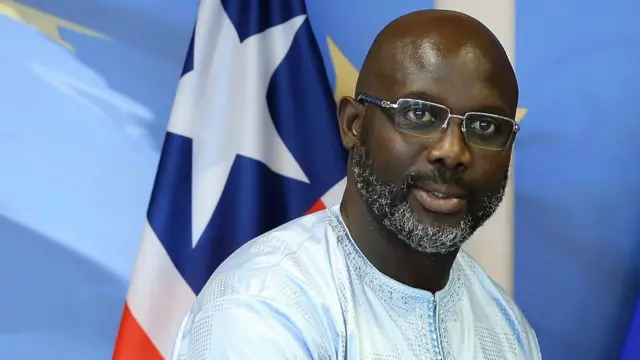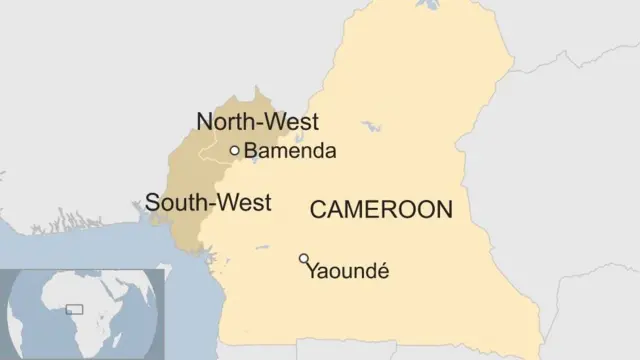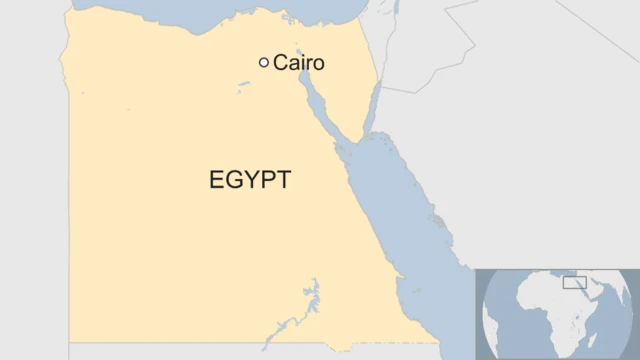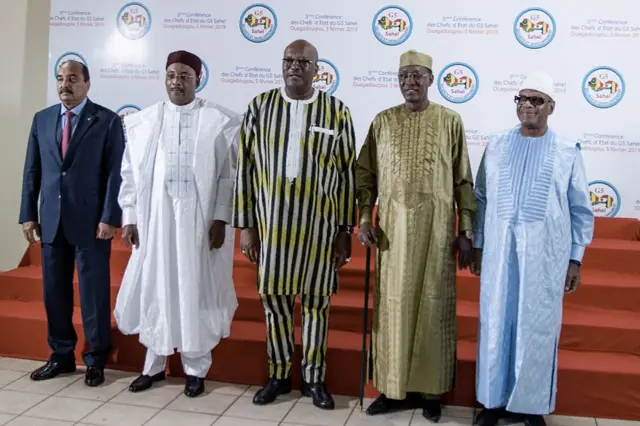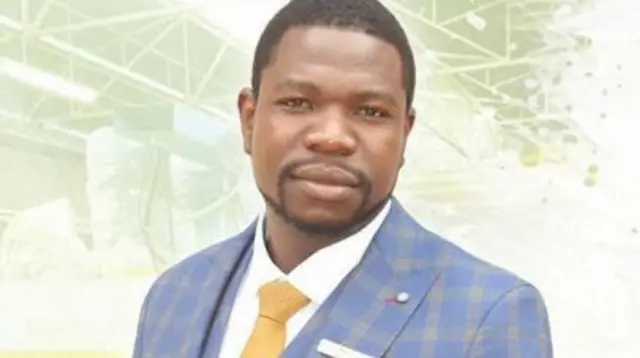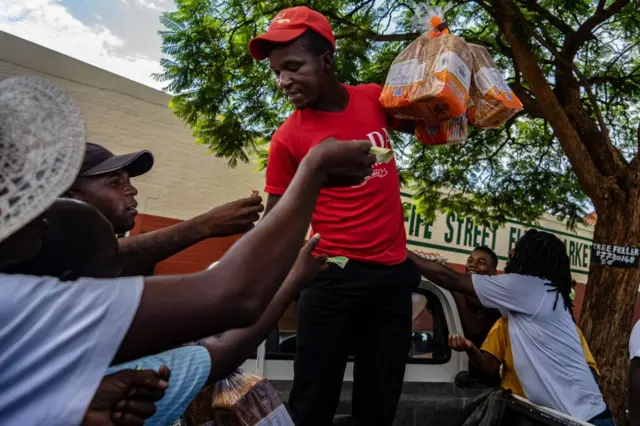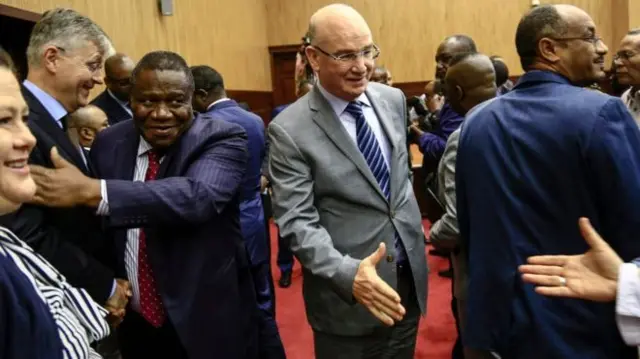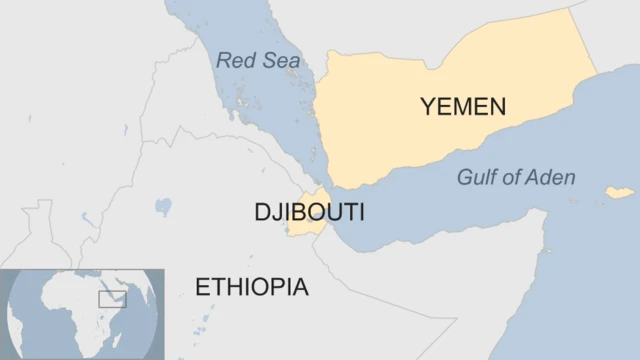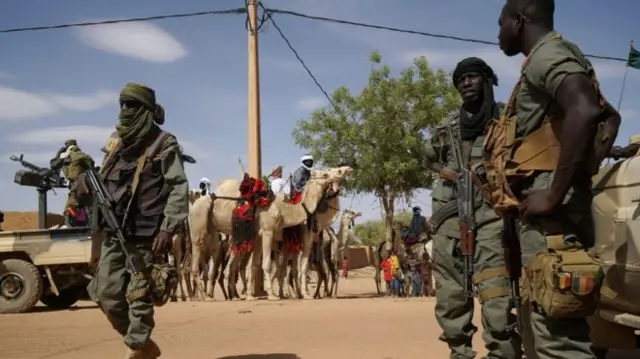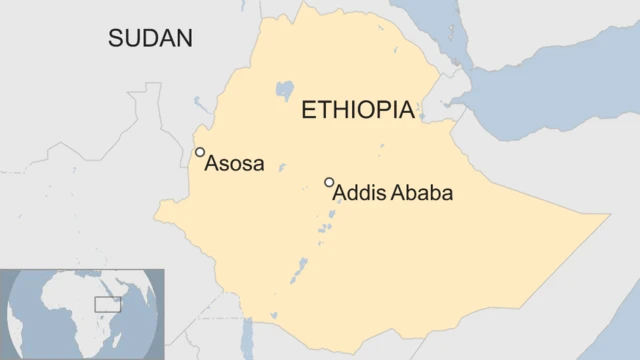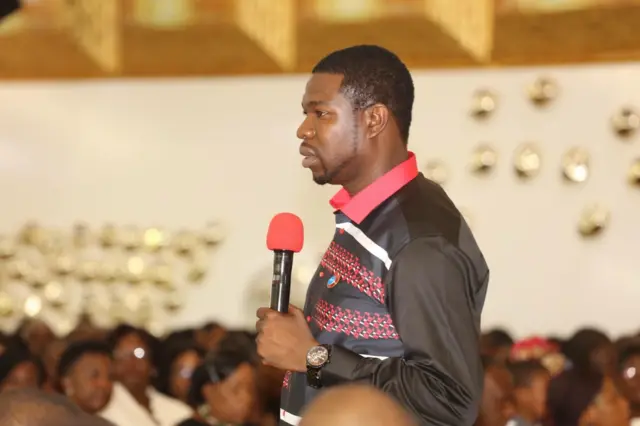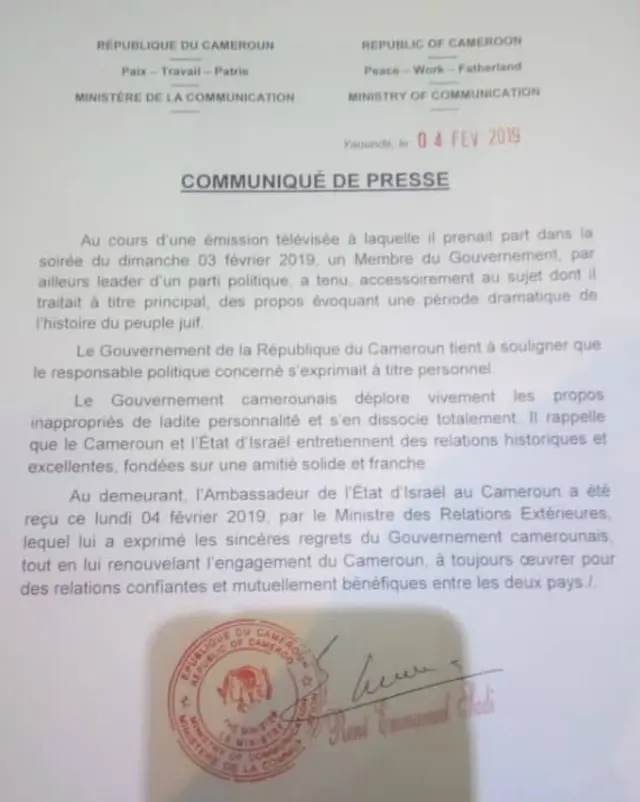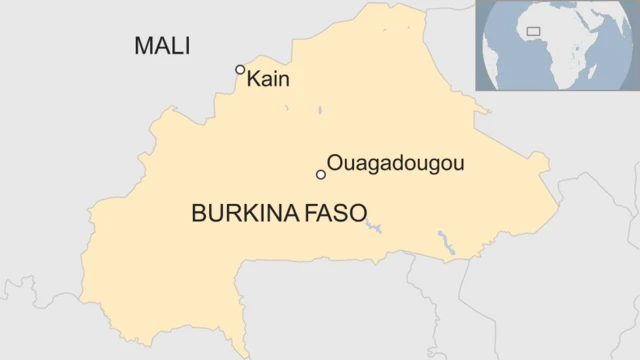Scroll down for Tuesday's storiespublished at 17:27 GMT 5 February 2019
We’ll be back tomorrow
That's all from BBC Africa Live for now. Keep up-to-date with what's happening across the continent by listening to the Africa Today podcast or check the BBC News website.
A reminder of today's wise words:
Quote MessageA bald man never aggravates bees."
A Krio proverb from Sierra Leone sent by Sigismond Wilson in Oklahoma, US.
Click here and scroll to the bottom to send us your African proverbs.
And we leave you with this picture of a fisherwoman with her catch, off the coast of Liberia:
Allow Instagram content?
This article contains content provided by Instagram. We ask for your permission before anything is loaded, as they may be using cookies and other technologies. You may want to read Meta’s Instagram cookie policy, external and privacy policy, external before accepting. To view this content choose ‘accept and continue’.


